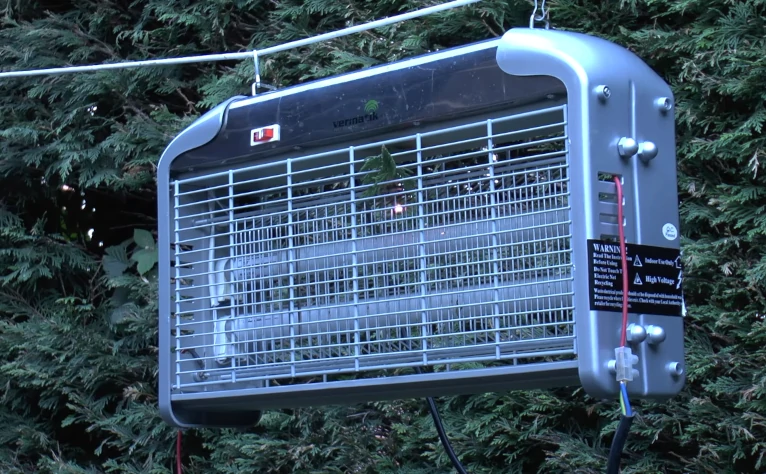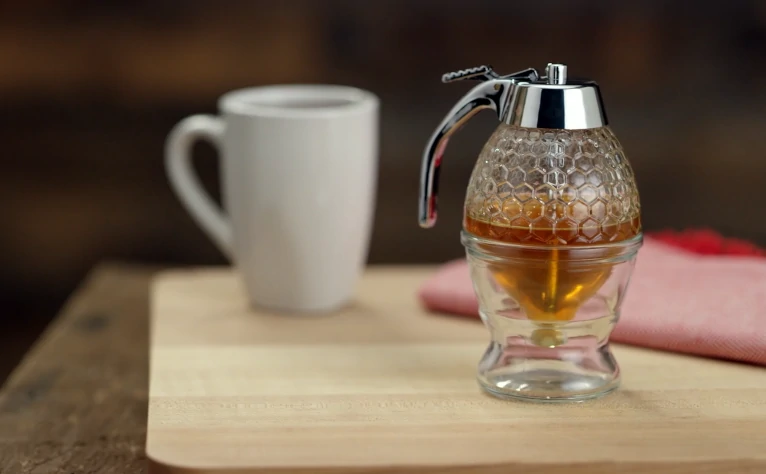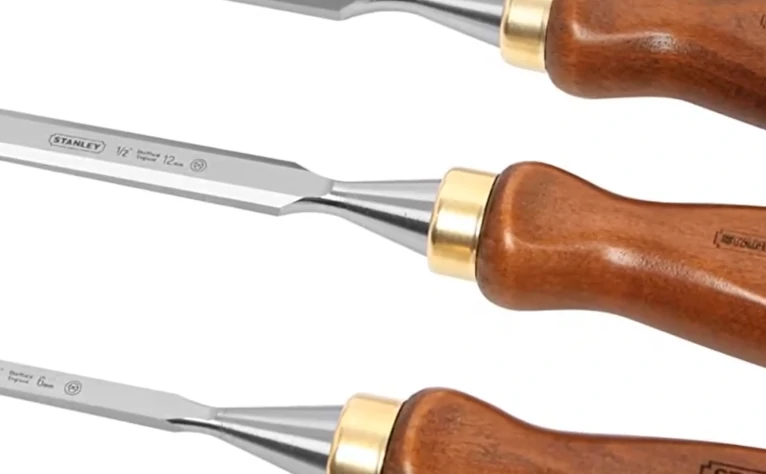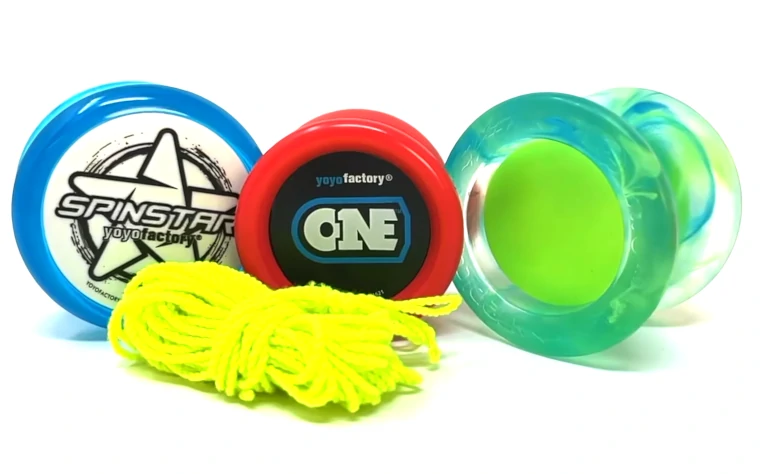Selecting The Right Water Softener System

Numerous families have been considering owning a water softening system because they want to have clean and safe water for cleaning, washing, and even drinking. There are certain factors to contemplate before purchasing a water softener. Being fully informed about such factors are essential in order to know the right and suitable water softening system for the family.
Hard water is the common problem among U.S. households because it causes the laundry to be dingy and run-down, it leaves mineral residues in pipes, in appliances and in dishes, and soap does not lather well. Hard water can really be an inconvenience for the family to deal with, and the first thing that consumers need to know about water softening system is the variety of water softener types that are available on the market. Many brands and models compete with each other in terms of embedded features, softening processes, flow rates, compactness, convenience and salt usage. Each softener type has its own unique innovation that is engineered to suit individualistic need.
Some high-end water softener systems are manufactured with touch screens and other advanced technology, and these can accommodate large homes. These systems often cost around USD 2,100 to USD 3,500. A simple, average softener system for small homes usually ranges from USD 400 to USD 1,000. Sometimes, installation cost is a separate service that costs from USD 100 to USD 500.
When selecting the right water softener system, make sure that it can fit inside the home. A large softener system does not do well inside a compact home because it can minimize the homey space. Consider the physical size because it matters around the house. The important thing for a water softener is its capability to remove the hardness of the water. Most water softeners are introduced in the market with several sizes to accommodate the different needs of each family household. Each system is rated by the level of hardness it can remove from the water between regenerations. Basically, it is economical to choose a system that can supply water at least three days between recharges, so that the water usage can be in the range without wasting any water.
Most water softeners need proper care and attentive maintenance so that they may continue to function even longer. Some systems with resin are prone to periodic clogging and they call on for special attention. Clay and mud residue from hard water may actually clog the resin but simple wash with water can unclog the resin. It is important to clean the water softener system regularly so that bacteria and fungi may not form in the resin, which can contribute to impurities in the water. For further maintenance instructions, reading the manufacturer’s manual is important to be fully aware of the product. Iron fouling is a recurring maintenance problem in which the reduced iron that is removed from the water may have been exposed to air or to chlorine, following it to be red-oxidized iron. The latter has the possibility to clog the resin. The filtration method of the system is geared not to process the oxidized iron in the softener. When resin is not fully in shape, there are commercial resins that are sold separately. Although, reading the instruction manual is still advisable to learn the cleaning procedures on the softener system.
Each water softener is designed to specific needs of the families. Some systems are very compact that they are fit for small homes of four, while there are softener systems that are tailored to accommodate a mansion. Do some research on the type of water softener that suits your need because it is a family investment for obtaining healthier lives.





